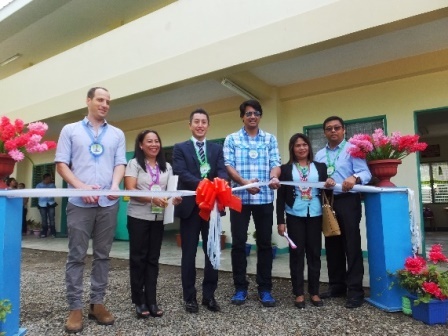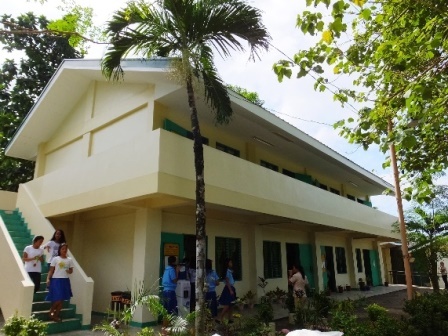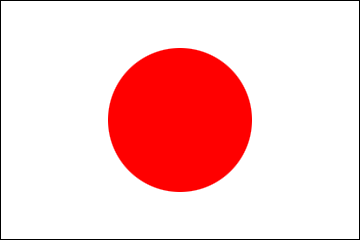Turnover of Japan-Funded Classroom Building for Ipil National High School in Ormoc City
2017/2/1
Japan Information and Culture Center (JICC) - Press Release No. 02 - 2017
 |
 |
A turnover ceremony was held on January 31, 2017 for “The Project for the Construction of Classrooms for Ipil National High School in Ormoc City.” This Project is part of Japan’s Official Development Assistance (ODA) under the Grant Assistance for Grassroots Human Security Projects (GGP). The ceremony was attended by Mr. Hiroyuki Enoki, First Secretary of the Embassy of Japan (EOJ), Hon. Richard Gomez, Mayor of Ormoc City, Mr. Netanel Nisan, Country Director of IsraAID Philippines, officials from Department of Education – Ormoc City, and other guests from the Local Government Unit (LGU) of Ormoc City including the students and parents of the said school.
Considered as one of the strongest, Typhoon Yolanda destroyed many infrastructures in Leyte when it hit the province in 2013, including the facilities of Ipil National High School. Unfortunately, the school buildings’ roofs and walls were blown away and wrecked while school furniture and equipment such as classroom tables and chairs, including the computers in their library were damaged by the typhoon. As a result, the school experienced lack of school furniture and classrooms.
To address this problem, the Embassy of Japan decided to support Ipil National High School through IsraAID Philippines by providing a grant amounting to Ninety Thousand and Seven Hundred Fifty Three US Dollars (USD 90,753) or approximately 3.8 million pesos for the construction of a two (2) – storey four (4) – classroom building and procurement of school furniture. This project aims to resolve the problem regarding the shortage of classrooms as well as to provide safe and conducive learning environment for the benefit of around 1,900 students of this school.
The Government of Japan, as the top ODA donor for the Philippines, launched the Grant Assistance for Grassroots Human Security Projects in the Philippines in 1989 for the purpose of reducing poverty and helping various communities engaged in grassroots activities. At present, 520 grassroots projects have been implemented by GGP. Japan believes that this project will not only strengthen the friendship between the people of Japan and the Philippines but also contribute in sustaining strategic partnership between the two countries.
